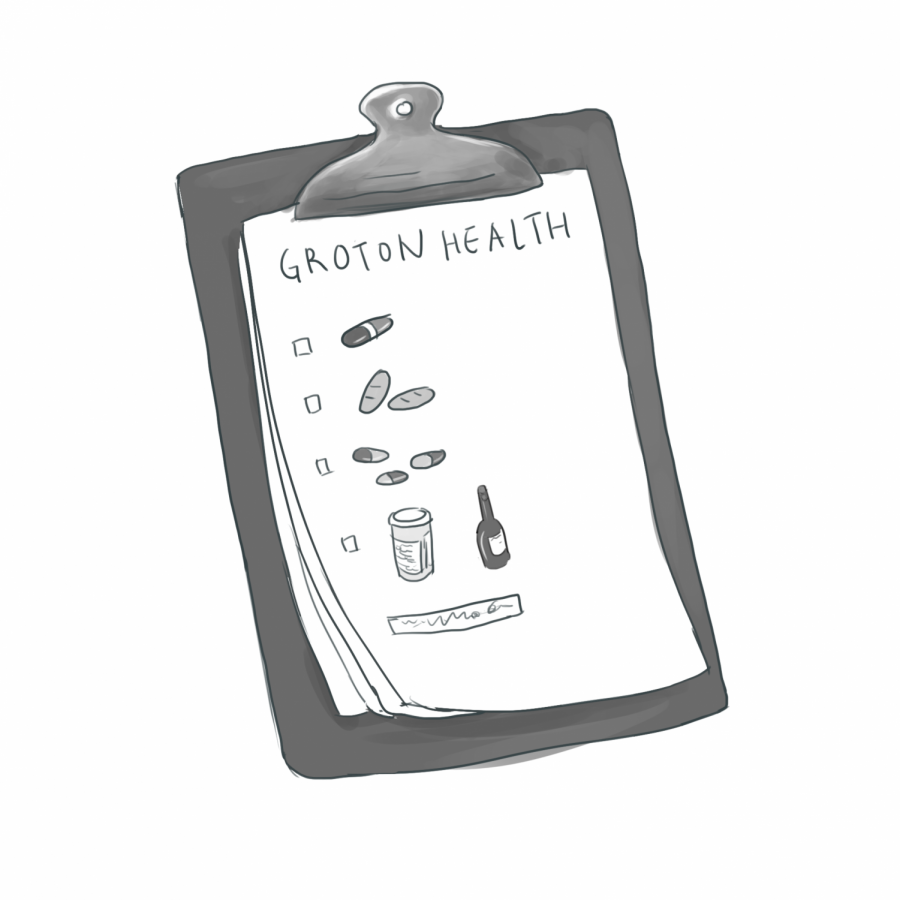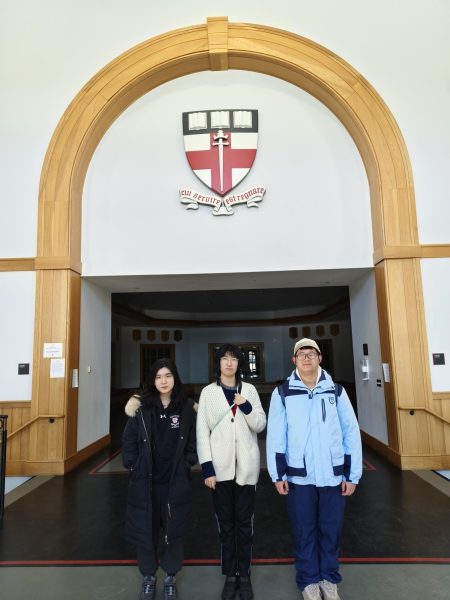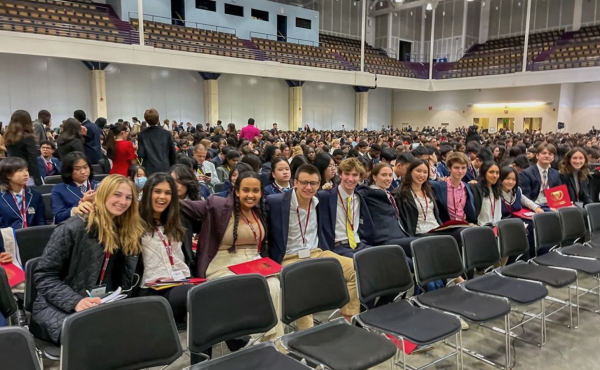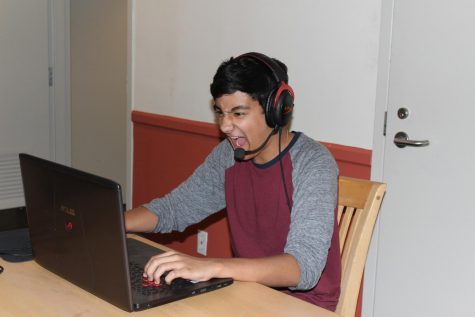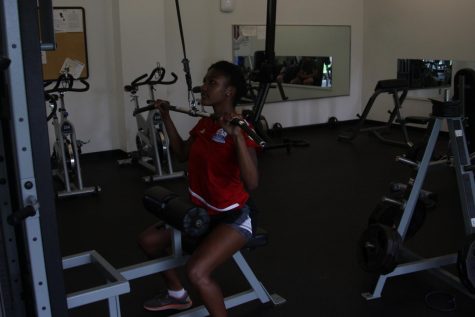Students Take Independent School Health Survey
On April 23, 2018, Groton students in the second through sixth forms took an online survey about topics ranging from mental health, to drugs and alcohol, to academic pressures. The biannual Independent School Health Check survey was first administered at Groton in 2016. While the Groton community generally understands that the survey collects data about the Groton populace, it knows less about how the Counseling Office has used this information in the past and how it plans to use it in the future.
The Independent School Health Check (ISHC) survey was developed specifically for private boarding schools like Groton. According to counseling director Sheilaann Fritz-Ellis, its major purpose is to determine the factors that promote wellness within the Groton community.
Most ISHC schools take the survey every year. However, due to the time commitment of the survey, the Counseling Office has deemed it more beneficial for students to take the survey every two years instead of every year . Two years is still a short enough interval, however, for the School to note trends within the student body as they emerge. The ISHC survey compiles data from other schools, whose students answer the same set of questions, to identify trends within all private boarding schools like Groton. The system can also detect clearly false answers and discard them.
Using data from prior surveys, the Counseling Office looks to educate parents, faculty, and students on the wellbeing of Groton students. For example, the 2016 survey revealed that many students perceive external pressure from parents about grades, and struggle with perfectionism. To begin addressing this issue, Dr. Fritz-Ellis and Mrs. Frantz gave a presentation at Parents Weekend in the fall. In the presentation, they explained the difference between healthy and unhealthy perfectionism, and informed parents on how to help their child adopt strategies to achieve the former rather than the latter.
Another campus issue that the survey revealed: a culture of “social norming,” where students overestimate the numbers of their peers engaging in risky behaviors (drugs, alcohol, sex, etc.). This is an issue because it can cause students to feel that they are abnormal in abstaining from high risk behaviors, when, in fact, their behavior falls right in line with the majority of their peers.
Regarding the publication of the survey, Dr. Fritz-Ellis said, “Results from the data are released depending on the audience. The company that administers the survey provides a set of guidelines that identifies specific questions for educational purpose to targeted groups. For example, specific questions related to faculty are identified for use in faculty education. Specific questions on risky behaviors are identified for use of the school health professionals to develop wellness education courses – and so on.”
The Counseling Office has noted that a few general trends pertaining to academic work, drugs, and alcohol are already available in the 2016 survey results. While drug and alcohol use are reported as uncommon on campus, the ISHC survey showed that Groton students spend significantly more time on work outside of classes than students at peer schools. However, Groton students tend to fall on the middle of the bell curve regarding sleep. The survey reported that the majority of Groton students get six to seven-and-a-half hours of sleep per night.
The data from the survey provides evidence for the need to ensure that the rules surrounding Protected Period or no-homework nights are followed strictly, which can help curtail students’ academic stress.


